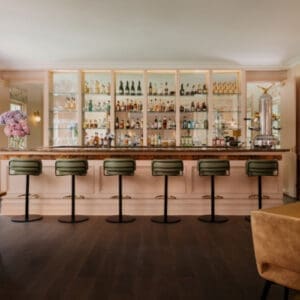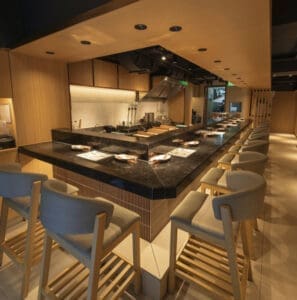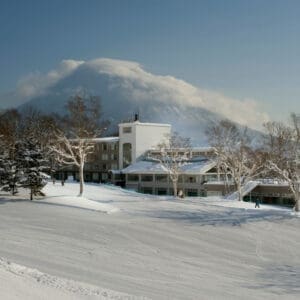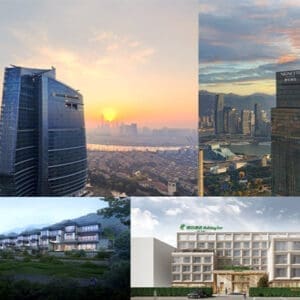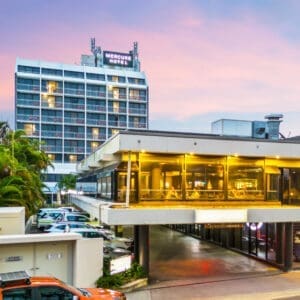The Ritz-Carlton Hotel Company L.L.C. has signed a management agreement with Zhongda Zhongfanxin Proprietary Company Ltd, for The Ritz-Carlton, Xian, expected to open in 2018. Located in North West China, the city is one of China’s Four Ancient Capitals, home to 13 imperial Chinese dynasties, which today still serves as the capital of its province, Shaanxi.

With 288 guestrooms and suites, The Ritz-Carlton, Xian will be a modern icon paying tribute to its location as a new high tech hub in a historical city, curating North West China for the international traveler. With expansive event spaces including two ballrooms, two exceptional restaurants including Japanese and Cantonese dining, and an exciting new outpost of the sophisticated bar, Flair, the property will be the new social hub in the city.
“To explore Xian is to unearth the history of China, making it one of the world’s great cities on a global itinerary for our guests,” said Hervé Humler, President and Chief Operating Officer, The Ritz-Carlton Hotel Company. “We’re delighted to be partnering with Zhongda Zhongfanxin Proprietary Company to open the first Ritz-Carlton in such an important and culturally significant destination.”
Over the centuries, the importance of Xian remains undiminished. Once known as Chang’an or Eternal Peace, the city marks the eastern end of the ancient Silk Road. Today, it still sits at a key crossroad to one of the country’s most important trading corridors that stretches from the Yellow Sea to Kazakhstan.
The ancient Chinese capital is renowned for its archaeological treasure trove with the most renowned being the life-sized Bingmayong (Terra Cotta Warriors) that were buried with China’s first Qin emperor. It was among the first of China’s artifacts to be protected as a UNESCO World Heritage Site in 1987.
Modern Xian remains an eclectic city that befits its position at the crossroads of empire. Ming-era city walls can be explored best by bicycle and its extensive Muslim Quarter is a warren of narrow lanes that can be compared to the bustle of a Middle Eastern souk with Chinese heritage. Endless temples and cultural relics dot the city and the surrounding countryside, while its rich culinary scene draws extensively from a melting pot of influences on the Silk Road.




